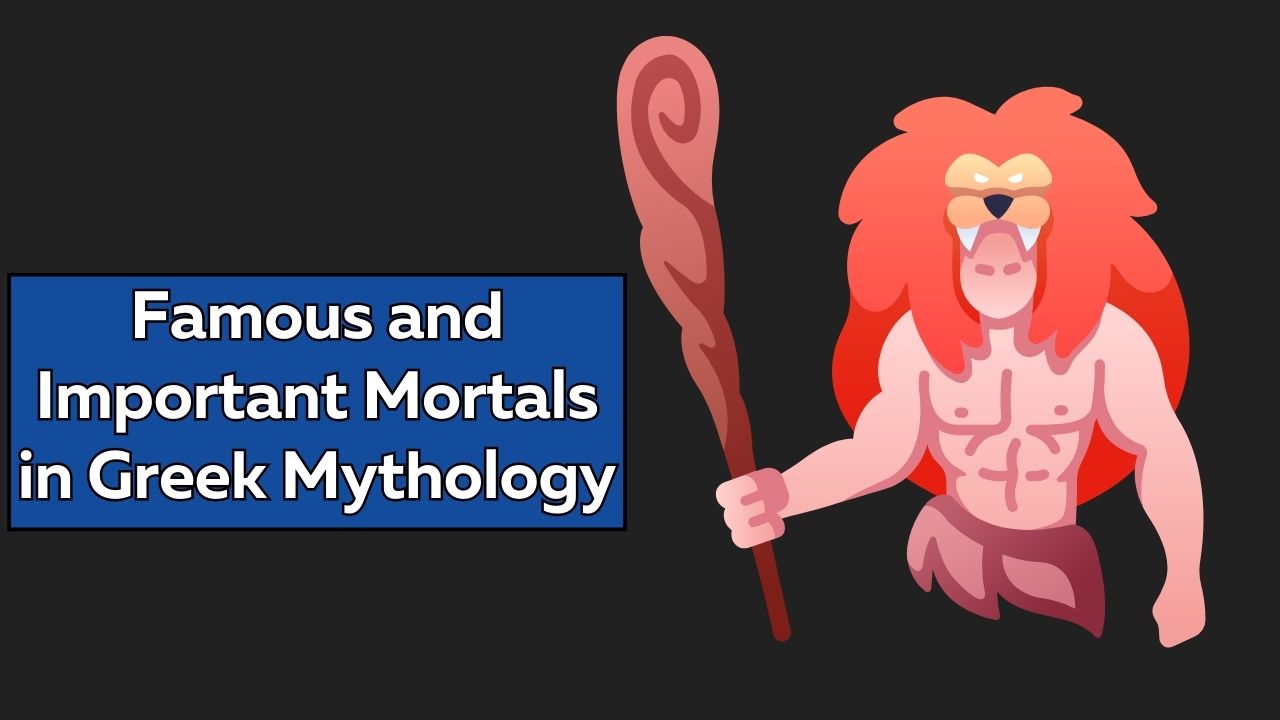Introduction:
The stories of the Ancient Greeks often contain colorful and captivating characters, and none have captivated the imagination quite like Medusa. This mythical creature, immortalized in numerous works of art and literature, is best known for her curse, the result of the ire of the goddess Athena. But what was the story behind Athena’s curse of Medusa? In this article, we will explore the backstory behind the curse and answer the questions of how and why Athena cursed Medusa, what the curse entailed, and how it ultimately resulted in Medusa’s end.
Point 1: The Nature of Medusa’s Curse
1. The Curse: The curse bestowed on Medusa by Athena was the turning of her beautiful hair into a nest of venomous snakes, and her disfigurement into a hideous Gorgon. This curse resulted in Medusa being so horrifically ugly that anyone who set their eyes upon her would be instantly petrified.
2. Origins: Athena’s curse was a direct repercussion of a dispute between her and Poseidon, a fellow Greek god of the sea. The two had a rivalry and sought to prove their dominance over one another. To this end, Poseidon visited the temple of Athena and desecrated it with his presence. This insult was seen as a grave offense by Athena, and she cursed Medusa to forever pay the price for Poseidon’s transgression.
3. The Catch: There was, however, a catch to the curse. Despite the fact that Medusa was cursed with a hideous form, any being that was slain by Medusa’s gaze was immortalized in the form of a stone statue, effectively preserving the victim’s form and essence for eternity.
Point 2: Athena’s Motivation for the Curse of Medusa
1. Retribution: It is easy to understand how Athena was angry at Poseidon for his sacrilege, and her curse was a way of exacting retribution on him. By cursing Medusa, Athena was able to indirectly punish Poseidon without engaging him directly in a conflict.
2. Balance: Athena’s motives for cursing Medusa go beyond a desire for revenge. Ancient Greek mythology often emphasizes the importance of maintaining balance, and Athena’s curse of Medusa was a way of restoring balance after Poseidon had disrupted it.
3. Growth: Finally, it is believed that Athena sought to use Medusa and her curse to teach humans the importance of personal growth and maturity. By placing Medusa in a position of power, in which she could spare the lives of those who sought to understand her plight and take responsibility for their own actions, Athena hoped to help humans understand the importance of self-improvement.
Point 3: The End of Medusa and the Results of Her Curse
1. The Defeat of Medusa: Ultimately, Medusa was slain by the hero Perseus, who was aided by Athena herself. By using a magical shield provided by Athena, Perseus was able to see Medusa’s reflection rather than her face, thus rendering Medusa unable to petrify him with her gaze. He then beheaded her with a single strike of his sword.
2. The Power of Athena: By striking down Medusa and victory in the battle, Athena also demonstrated the power of her curse. Medusa could never have been defeated were it not for the power of Athena’s curse, and this showed the strength of her divine authority.
3. A New Creation: After Medusa’s death, a curious thing occurred. From the puddle of blood spilled on the ground arose Pegasus, the winged horse. Pegasus is believed to be a creation of Athena, and his emergence following Medusa’s death is a reminder of how powerful the goddess could be.
Point 4: Athena’s Legacy and the Significance of the Curse
1. A Symbol of Revenge: Athena’s curse of Medusa has become a powerful symbol of revenge and retribution, as it serves as an example of how even the mightiest of gods can be defeated if they are not mindful of their actions. In this way, it serves as a powerful reminder of the power of Athena.
2. A Symbol of Rejuvenation: The myth of the curse of Medusa has also been interpreted as a symbol of rejuvenation and rebirth. The emergence of Pegasus from Medusa’s spilled blood serves as a reminder of how something new can come from destruction, and how powerful forces can create something out of nothing. This idea is closely associated with Athena’s legacy.
3. A Symbol of Wisdom: Finally, Athena’s curse of Medusa is seen as a symbol of wisdom and maturity. The curse demonstrated the importance of taking responsibility for one’s actions, and thinking before taking action. This idea of wisdom is closely associated with Athena’s legacy, and serves as a reminder of the importance of wisdom in life.
Point 5: The Impact of Athena’s Curse on Mythology
1. A Lasting Legacy: Athena’s curse of Medusa has had a lasting impact on mythology and storytelling. The power of the story has endured throughout the ages, and Medusa’s story can be found in numerous works of literature and art.
2. A Powerful Symbol: Athena’s curse of Medusa has also become a powerful symbol in modern culture. The story of Medusa and her curse is often used to convey ideas of revenge, rebirth, and wisdom, and it is an iconic example of the power of gods and goddesses.
3. A Unique Story: Finally, the story of Athena’s curse of Medusa is unique in that it is a story that is both powerful and timeless. Despite being thousands of years old, the story still resonates with modern audiences, and this is a testament to the craftsmanship and ingenuity of the Ancient Greeks.
Point 6: The Fascinating Story of
1. A Mythical Tale: The story of Athena’s curse of Medusa is an immensely fascinating tale, and one that has captivated audiences for centuries. It is a story of revenge, retribution, and balance, and a reminder of how powerful a curse can be.
2. A Powerful Message: Beyond the entertainment factor of the tale, Athena’s curse of Medusa also carries with it a powerful message. This is the importance of controlling one’s emotions, taking responsibility for one’s actions, and of course, taking heed of the power of a curse.
3. A Story for the Ages: The story of Athena’s curse of Medusa is timeless, and its message is just as powerful today as it was in Ancient Greek times. It is a reminder of the power of emotion, and the importance of understanding and accepting responsibility for one’s actions.
Conclusion
The story of Athena’s curse of Medusa is one of the most iconic stories in all of mythology and is a reminder of the power of emotion and the importance of understanding the consequences of one’s actions. Athena’s curse has left a lasting legacy on mythology, and it serves as a powerful reminder of the power of gods and goddesses and the importance of taking responsibility for our actions.







Leave a Reply